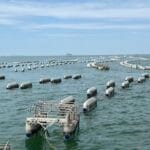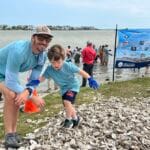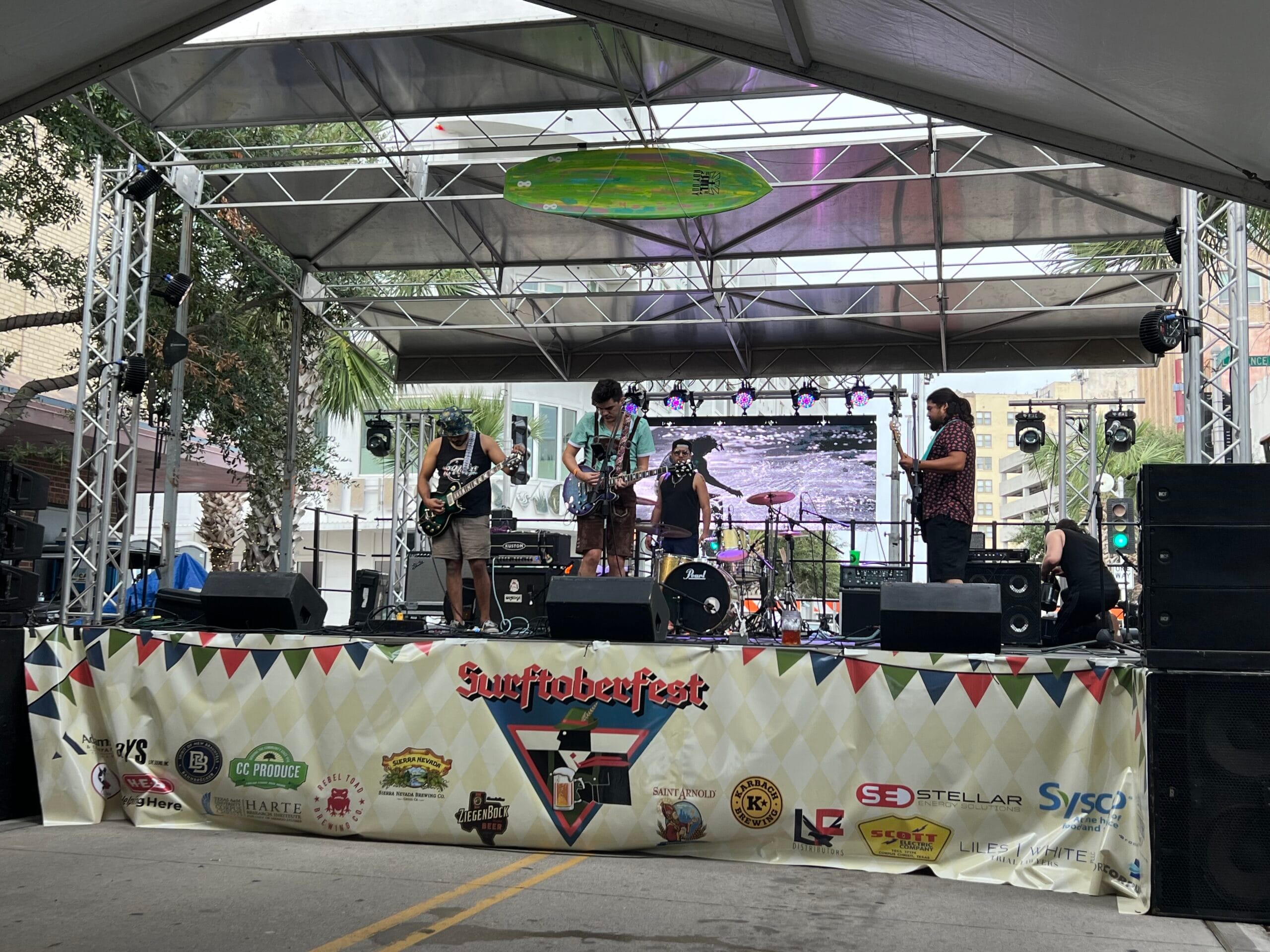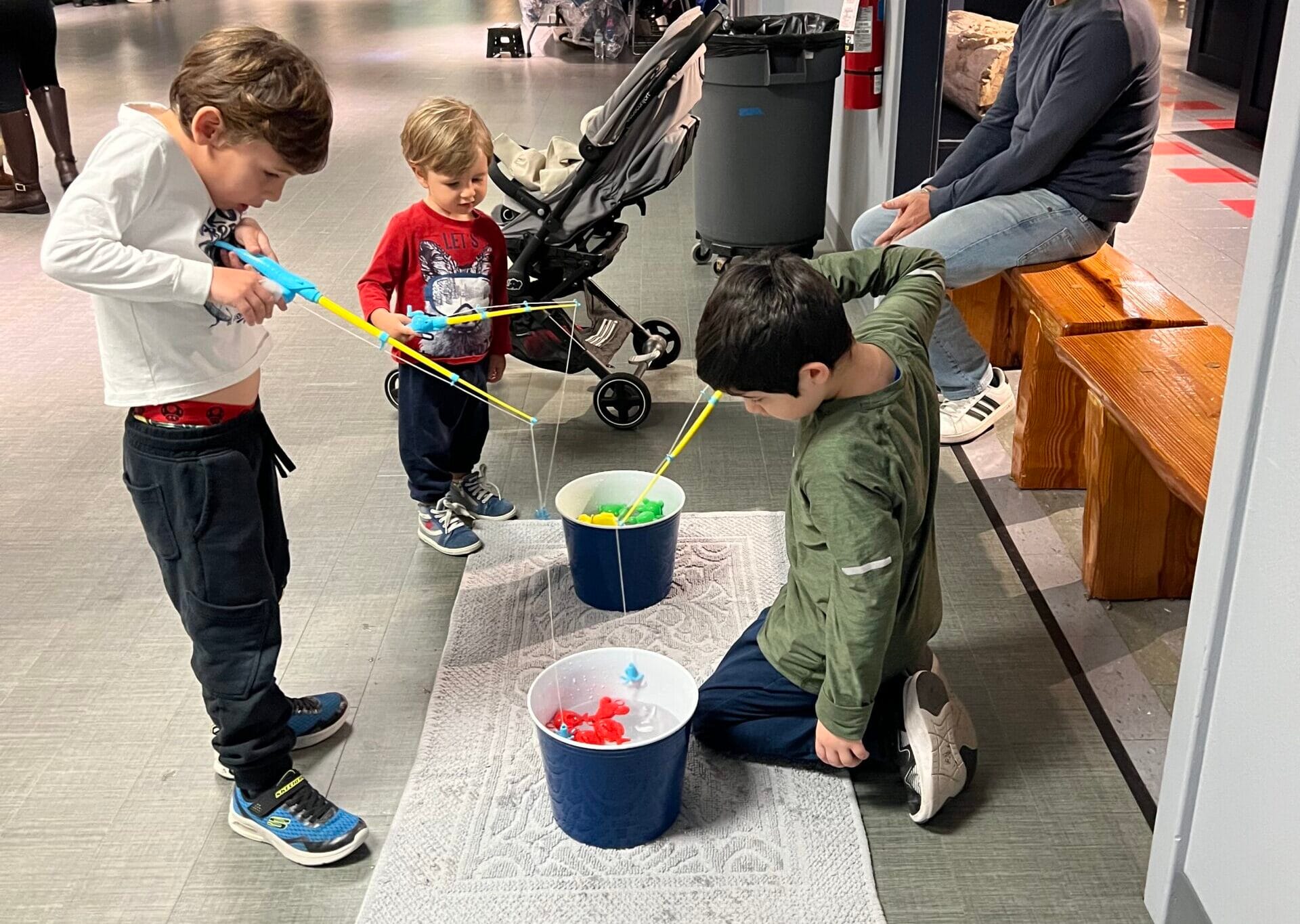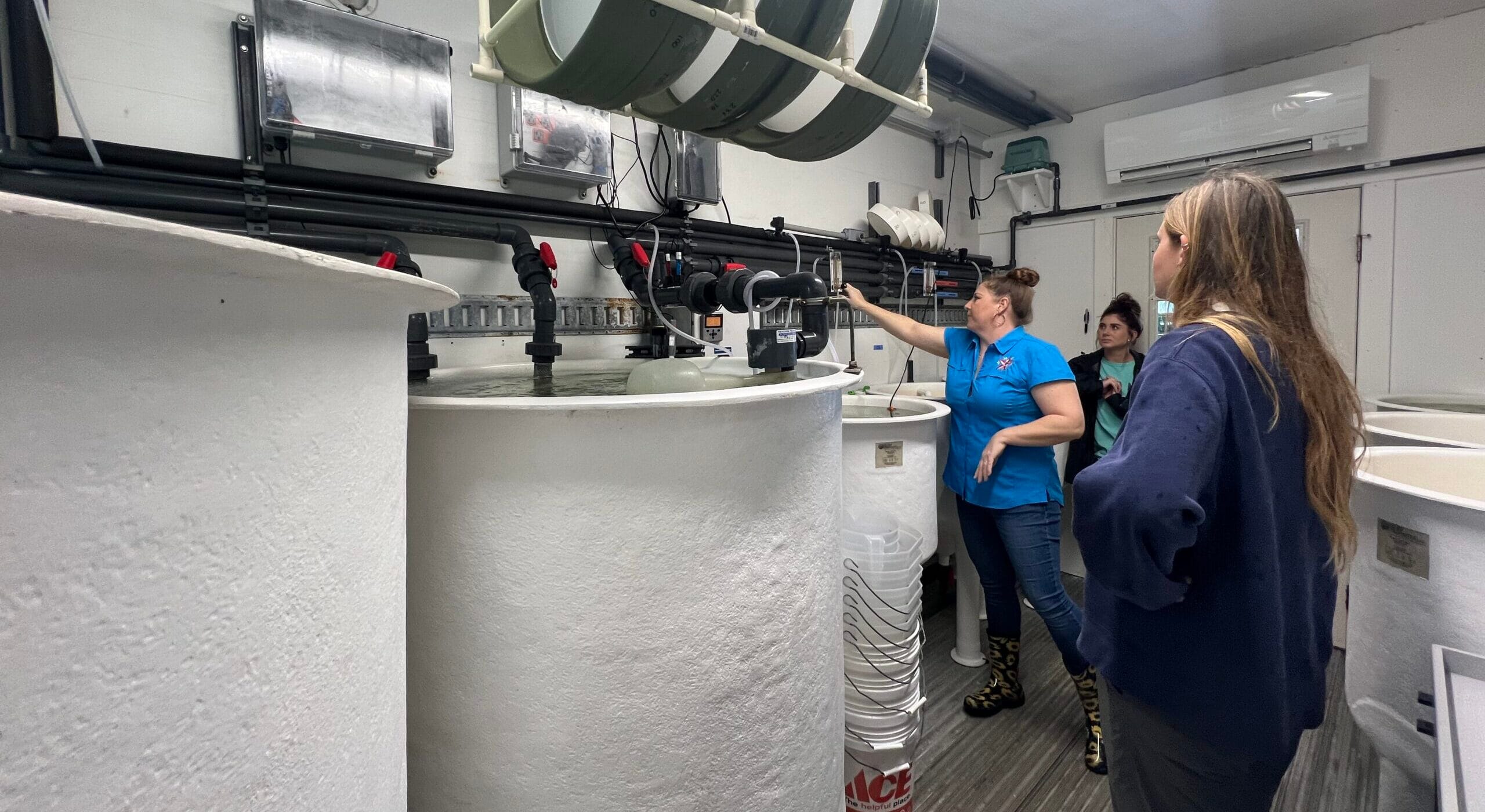
Check out our latest Legislative Update
Rising Tide The Future of Texas Oysters
The Texas Surf Conservancy and Sutapants Productions are laying the foundation for a documentary film entitled, “Rising Tide: The Future of Texas Oysters.” Our intention is to shine a spotlight on the burgeoning industry of Texas oyster mariculture, an innovative and sustainable answer to the growing demand for fresh seafood. The documentary film will highlight how this groundbreaking practice benefits all of Texas—the environment, coastal communities, chefs, restaurants and seafood lovers alike, presenting oyster farming as a win-win solution for everyone.
Fundraising for the project is underway, with “pitch party” events scheduled for Corpus Christi on October 16 and Rockport on October 23. We are currently planning for a San Antonio event in November and future events in Austin and Houston.
Protecting Texas Waters
Promoting The New Oyster Mariculture Industry
Welcome to the Texas Surf Conservancy, where environmental stewardship meets oyster mariculture marketing and innovative partnerships.
Building on a legacy rooted in marine preservation and community investment along the Gulf Coast of Texas, our organization is dedicated to restoring marine habits, advancing sustainable oyster mariculture practices, and educating the next generation of environmental advocates.
We envision a united Texas where marine ecosystems and oyster mariculture thrive together in coastal communities, supported by science, industry, and innovators working together.
New Documentary Film & Tax Rebates for Restaurants
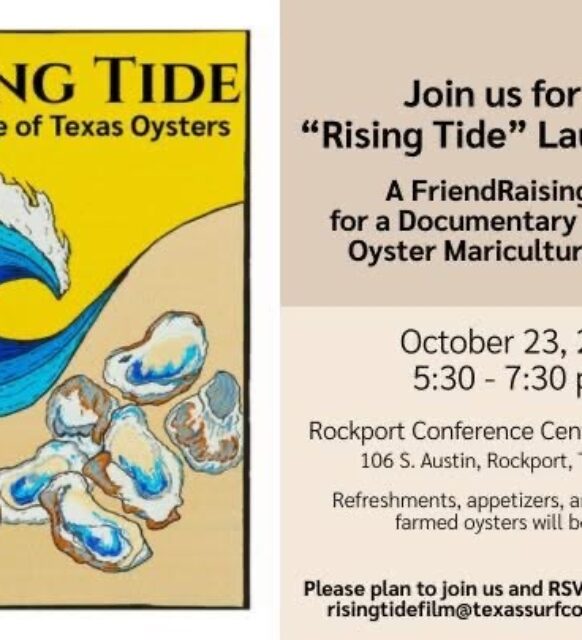
“Rising Tide” Documentary Pitch Party
Join the Texas Surf Conservancy on Thursday, October 23rd, 2025,...
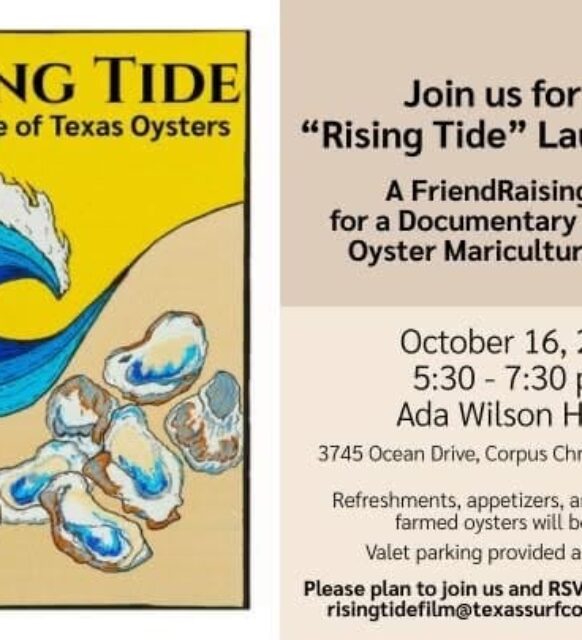
“Rising Tide” Documentary Film Pitch Party
Join the Texas Surf Conservancy on Thursday, October 16th, 2025,...
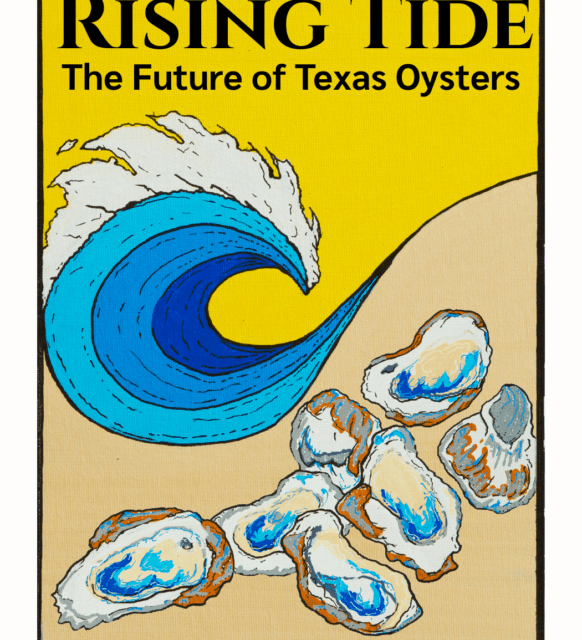
Texas Surf Conservancy Announces New Documentary Film Project
FOR IMMEDIATE RELEASE October 15, 2025 Media Contact: Cassandra...
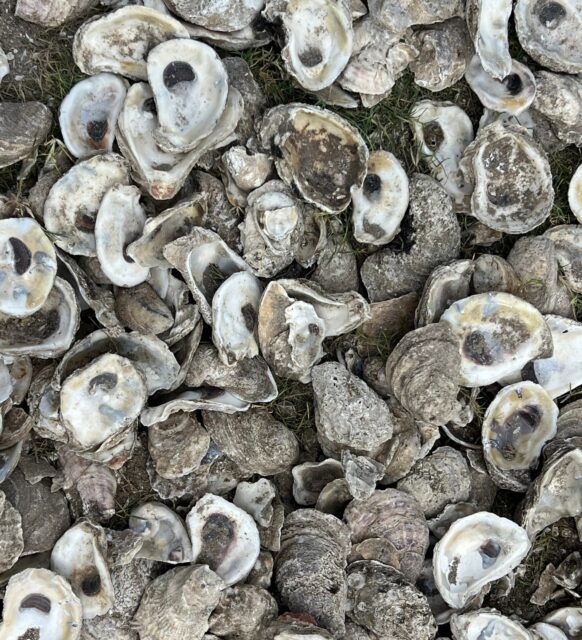
Texas Surf Conservancy Hosts “Oysters Onward!” Event with Texas Legislators
FOR IMMEDIATE RELEASE October 4, 2025 Media Contact: Cassandra...
Upcoming Events
Surftoberfest
in Corpus Christi
Surftoberfest is a vibrant coastal celebration that brings together live music, local flavors, and environmental action in the heart of Corpus Christi. This annual event invites the community to enjoy a lively atmosphere filled with great performances, fresh Gulf seafood, craft beverages, and engaging educational experiences. Designed to inspire and connect, Surftoberfest raises awareness about marine conservation and oyster reef restoration while honoring Texas’ surf heritage and coastal culture. Families, friends, and ocean advocates alike gather to celebrate the coast and help protect its future.
12 – 6 PM
18 October
Our MAJOR Partners & Funders
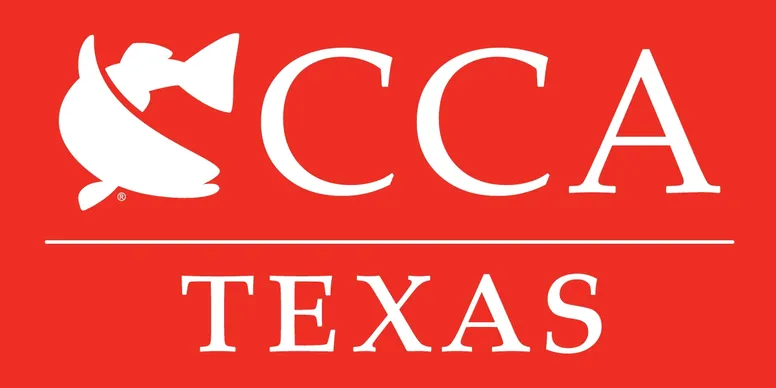


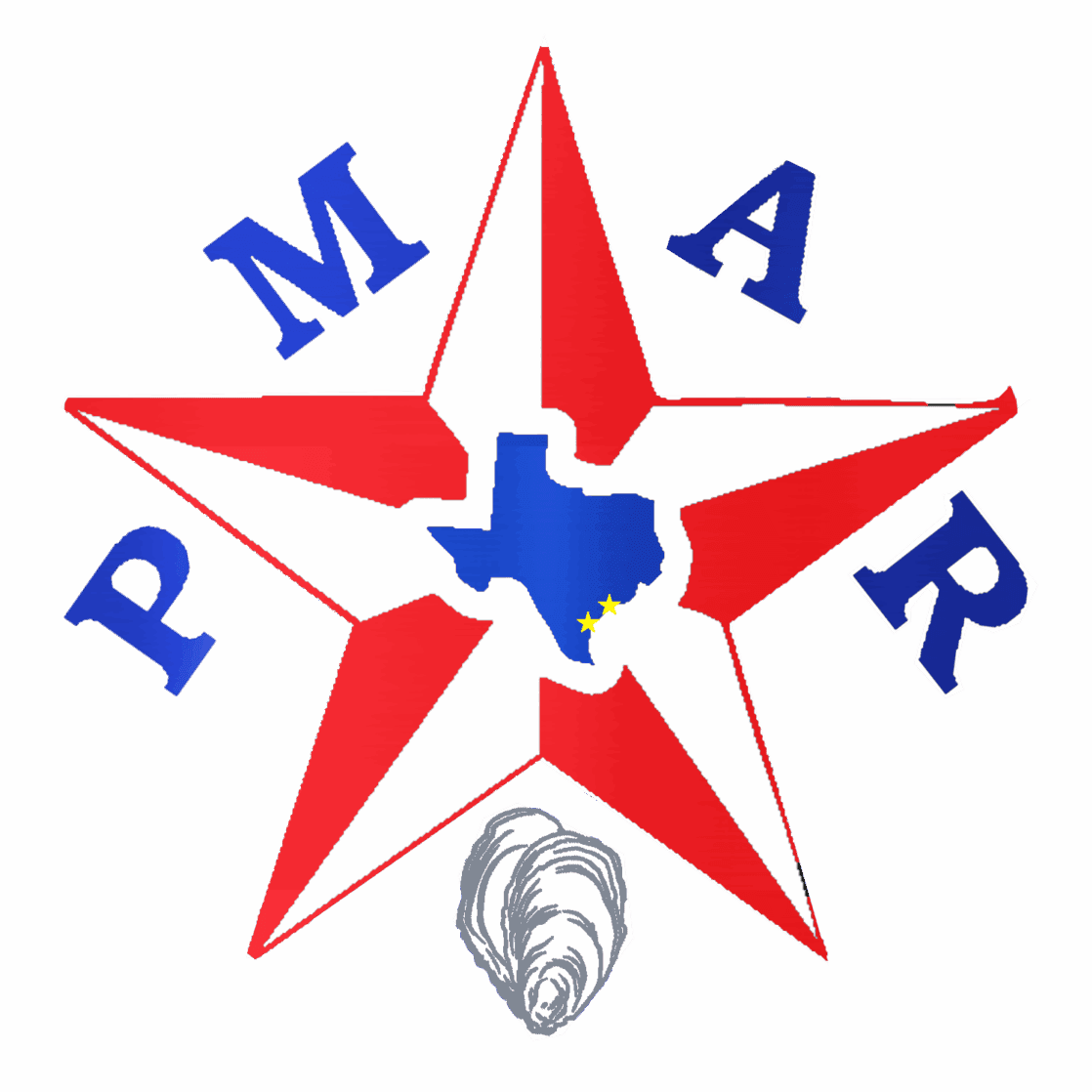

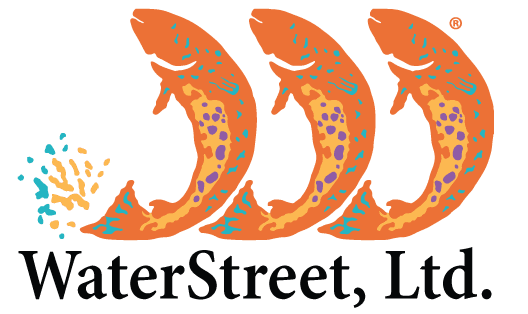
Address: 312 N. Chaparral St., Corpus Christi, TX 78401
Phone: 361-450-7873

